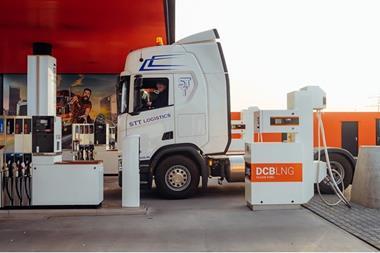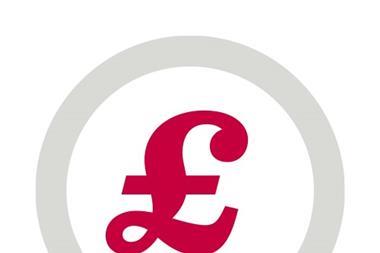A perfect storm hit oil prices in March. Just as global demand was being destroyed by the effects of the Coronavirus/Covid-19 pandemic, Saudi Arabia ramped up production to unprecedented levels in a price war, alienating Opec allies and non-Opec rivals alike.
Oil prices halved in March as a result, with benchmark crude Ice Brent dipping to around $25/bl and spot gasoline prices hitting the lowest levels seen in living memory before staging an anaemic recovery.
The meeting in Vienna between Opec and other big oil producers like Russia in early March ended in acrimony. Saudi Arabia, tired of bearing the whole burden of output cuts while higher-cost producers reap the benefit, chose to try and blow competitors and erstwhile allies out of the water by flooding the market. Riyadh’s latest market intervention is unprecedented because it coincides with one of the worst global crises in recent history, the origin of which is wholly unrelated to oil, geopolitics or the global economy.
The scale of demand erosion is staggering. Even with a recovery later in the year, some forecasters are predicting a decline of up to 5mn b/d in 2020, a fall of 5%. A drop of this magnitude has not been seen since 1980, when the Iranian revolution sent prices spiralling higher.
Even the Great Recession that followed the financial crash of 2008 cut demand by less than 1%.
In normal times, low prices would stimulate a demand recovery. But the oil industry is in uncharted waters where epidemiology, not economics, is driving consumer behaviour. The global spread of the coronavirus means human and industrial activity may not resume for months.
Cheaper pump prices for petrol are barely relevant with drivers locked down at home, but forecourt prices still have plenty of scope for further falls to catch up with international markets. The falls were less pronounced for diesel, as traders chose to buy cheap product and store it in the hope that industrial activity might pick up in the coming months. There is, however, finite storage capacity and an uptick in demand looks a long way off.

































No comments yet